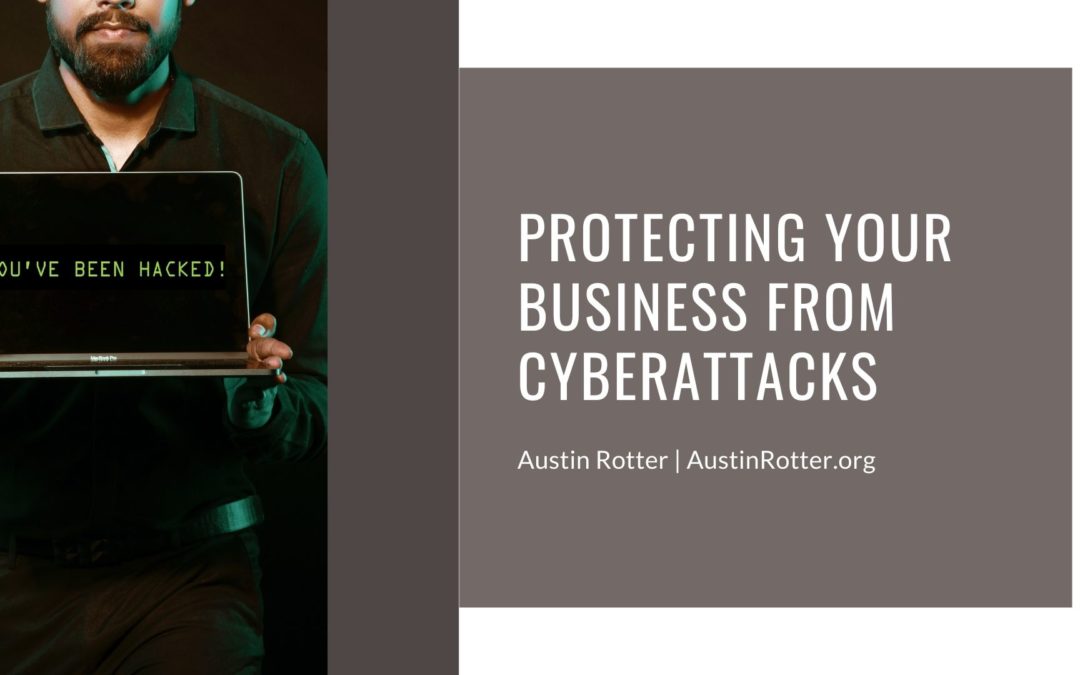Cyberattacks can put millions of people’s data at risk, and businesses aren’t immune. Whether you’re a big business or small, the amount of security that you have is an essential part of protecting yourself and your company. Cybercriminals can steal anything from customer information, passwords, and incredibly sensitive information and can even access the bank accounts that you possess. However, there are a number of ways to protect your information from cyberattacks.
Create a plan
It’s absolutely critical that you educate yourself and your employees about the threats of cybersecurity. One great way to do that is to enact a training program, or at the very least, an incident response plan. When everyone understands what to do in the event of an emergency, people will feel more prepared.
These training procedures should happen yearly or semi-yearly, in order to keep everything fresh. You should be stressing the importance of practicing good cybersecurity and even doing little things such as updating your software.
Good passwords are important
When thinking about smart password practices, there are a number of things you should keep in mind. Your passwords should be at least eight characters long, and more often than not, unique, long passwords that are easy for your employees to remember are more beneficial than long, complicated ones.
Another important thing to enact is multifactor authentication, which is especially important to use if your company handles highly sensitive data. Multifactor authentication requires at least two forms of identification, like a password and a code, before being permitted to the system or program.
Be aware when opening mail
This is cyber security 101, but it has to be said. Never open up emails that have suspicious attachments or links. Spam is a real threat to cybersecurity as a whole, and many people have fallen victim to phishing. Even if you’re just dealing with a client’s personal data, it’s still valuable data. Be sure to encrypt documents so that both the sender and the recipient of the email are safe.
Firewalls and antivirus software
This is an incredibly important part of cybersecurity. In general, firewalls act as the first line of defense, working hard to prevent dangerous and harmful software from reaching your network. If your firewall software doesn’t have a virus-scanning capability, be sure to download antivirus software on your computer, as you don’t want to leave your computer susceptible to malware that has breached your firewall. Antivirus software can help control a data breach by showing you the piece of malware that has been downloaded onto your computer. That way, you don’t have to worry about searching high and low for the malware.
